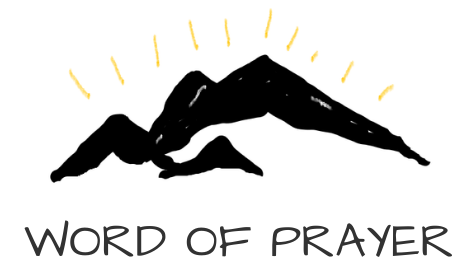
When we were young we listened to stories and it’s one of those human activities we never outgrow. My two sons would ask us to read stories over and over again and it never seemed to get old to them. Whether in gatherings with family or meetups with friends, at work or afterwards, at school and in our movies we tell and listen to stories throughout our entire lives. The Bible is filled with narratives or stories (almost half of it is narrative). Amazingly it tells one coherent over-arching story from beginning to end.
We gravitate toward narratives. Good stories well-told hold our attention and fire our imagination. God knows this. He designed us this way. So, it’s important we learn to read and pray the narrative half of scripture. Hopefully we grasp the overall storyline of the Bible in the process.
I recall asking my parents about things that happened when I was young, before I can really recall the events or some of the important details. I also asked them about their own lives, things that happened before I was born. They usually told me a story in response. These stories tell me who I am and what kind of family I come from. That’s what Bible stories do as well. They teach us who we are as humans and what the human experience of living in God’s presence (or running away from God’s presence) is like.
This is why it’s important to spend time regularly engaging with the Bible. We listen to God in the process and then respond in a personal way. Just like we do in a conversation. Because narrative or stories occupy almost half the Bible, probably we should spend half of the time that we’re reading the Bible in an ongoing engagement with its stories.
Listening to the story
The first item of business is to listen to the story. You can do that literally by listening to an audio Bible. Or you can do it in a group where there is a designated reader. Either way, there is value in hearing the story with your ears. It’s also possible to hear the story as you’re reading it with your eyes. I recommend that if you are reading it yourself that you do so aloud if that’s possible. The extra effort required seems to help you pick up things you might have otherwise missed.
As you listen to the story, pay attention to how the story is told. What perspective is used in telling the story? Is it God’s view from on high, an observer on the sidelines, or someone from a later time recalling the events, etc.? What details are shared (or are the details you expect missing)?
Meditating or reflecting on the story
In asking these questions we’re actually moving from listening to meditating or reflecting on the story. This is an important part of engaging with the Bible that I find we often miss. Yet the Bible encourages us to meditate on scripture and to think over what we hear or read.
Watch out for three key elements in any story: plot (what happens and the sequence of events), setting (where and when things take place) and characters (who does what and what you learn through them). By reflecting on these, you will start to notice things you didn’t hear or see the first time. Actually, you’re practicing good active listening skills and giving room for God to speak to you.
Your turn
There’s more to consider, but the best way to learn is to do something or practice what we’ve already talked about. Grab a Bible and pick a story to listen to or read. Or you can use our podcast to do this with a story from 1 Samuel 1. To listen to the podcast, click here. In the podcast we use the first three chapters of Samuel to make some comments about stories in general as well as dive into the storyline of scripture.
Go ahead and start listening or reading. If you would like some help for doing this on your own, we have a four step process detailed here.
Connect with us on one of our social channels:
Twitter @WordofPrayer15
Instagram @WordofPrayer15
Facebook Page at Word of Prayer 15.
Support our ministry with your purchase of one of our products:
Etsy store WordofPrayer
Amazon Ron Oltmanns and Angela S Oltmanns
Angela Oltmanns has written a series of family devotions based on 1 Samuel. Get a copy of the book 1 Samuel: How to Be a Child After God’s Heart on Amazon (or the ebook).



